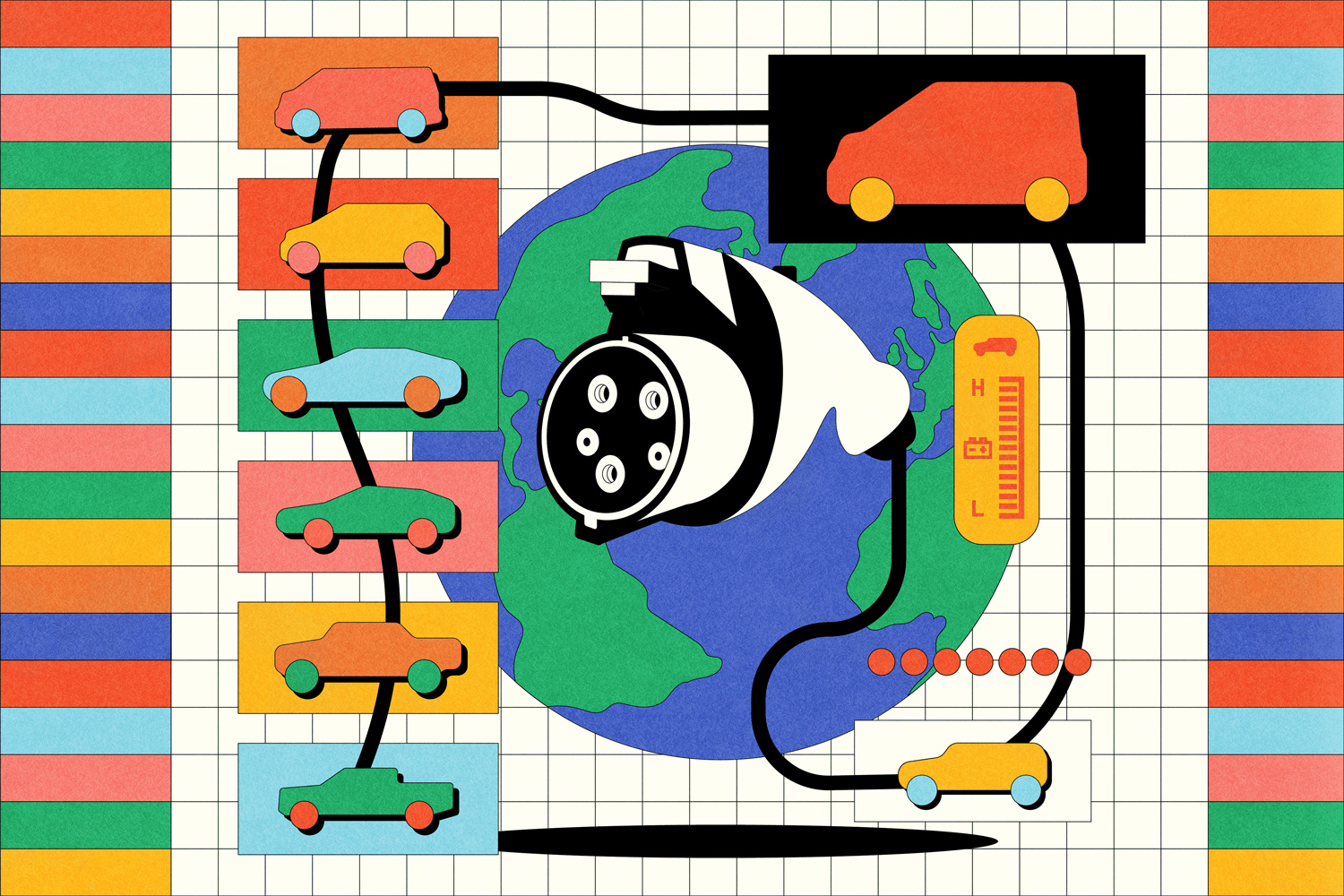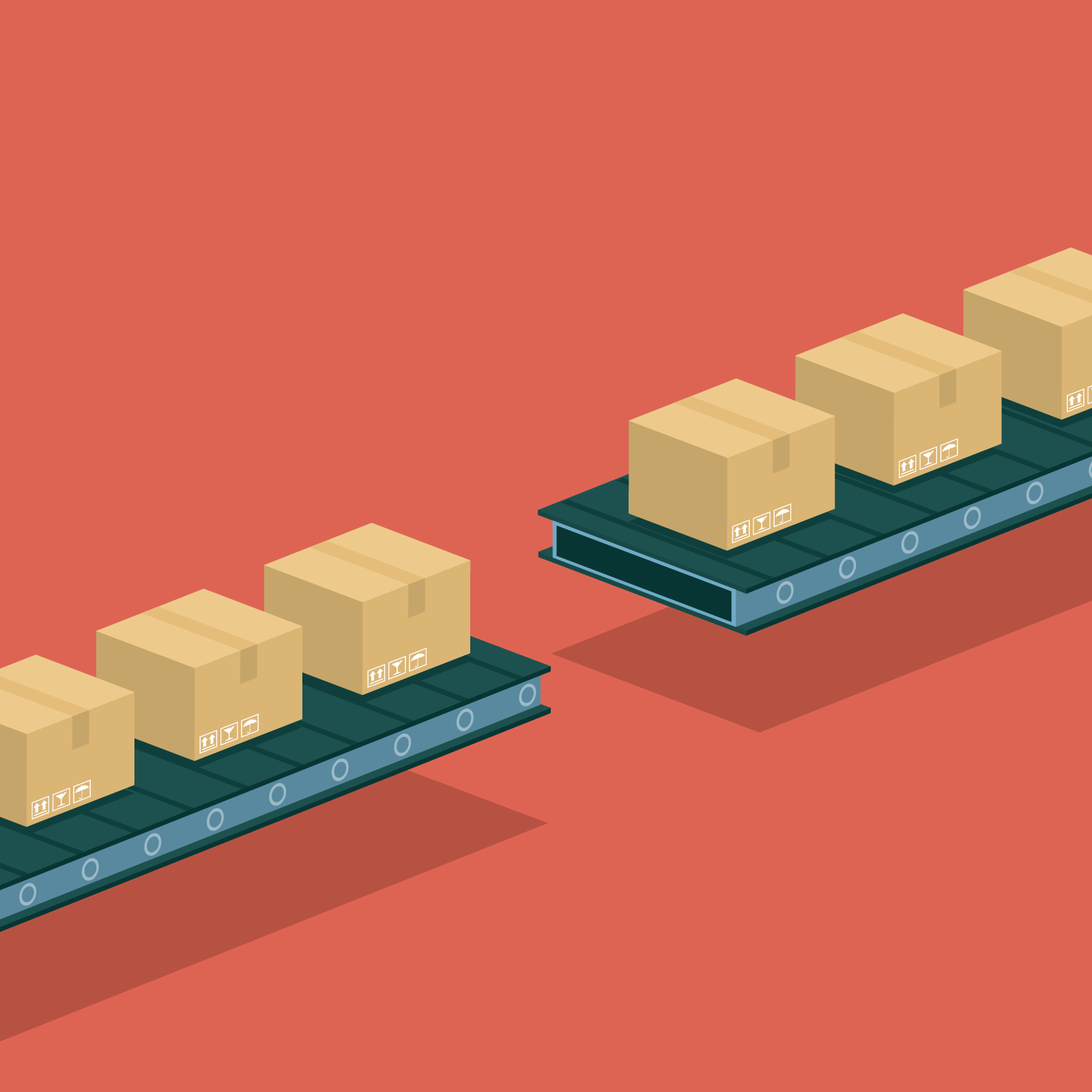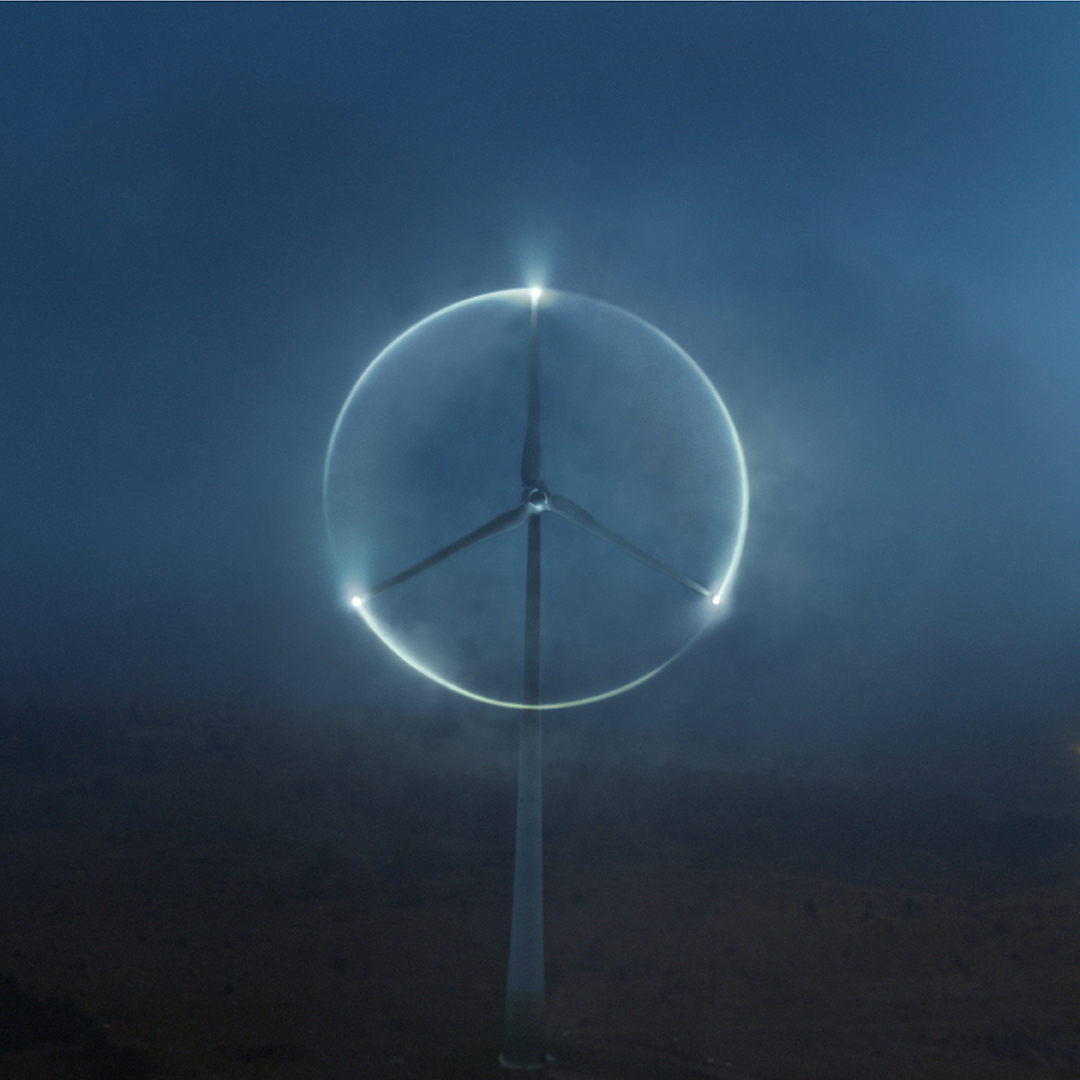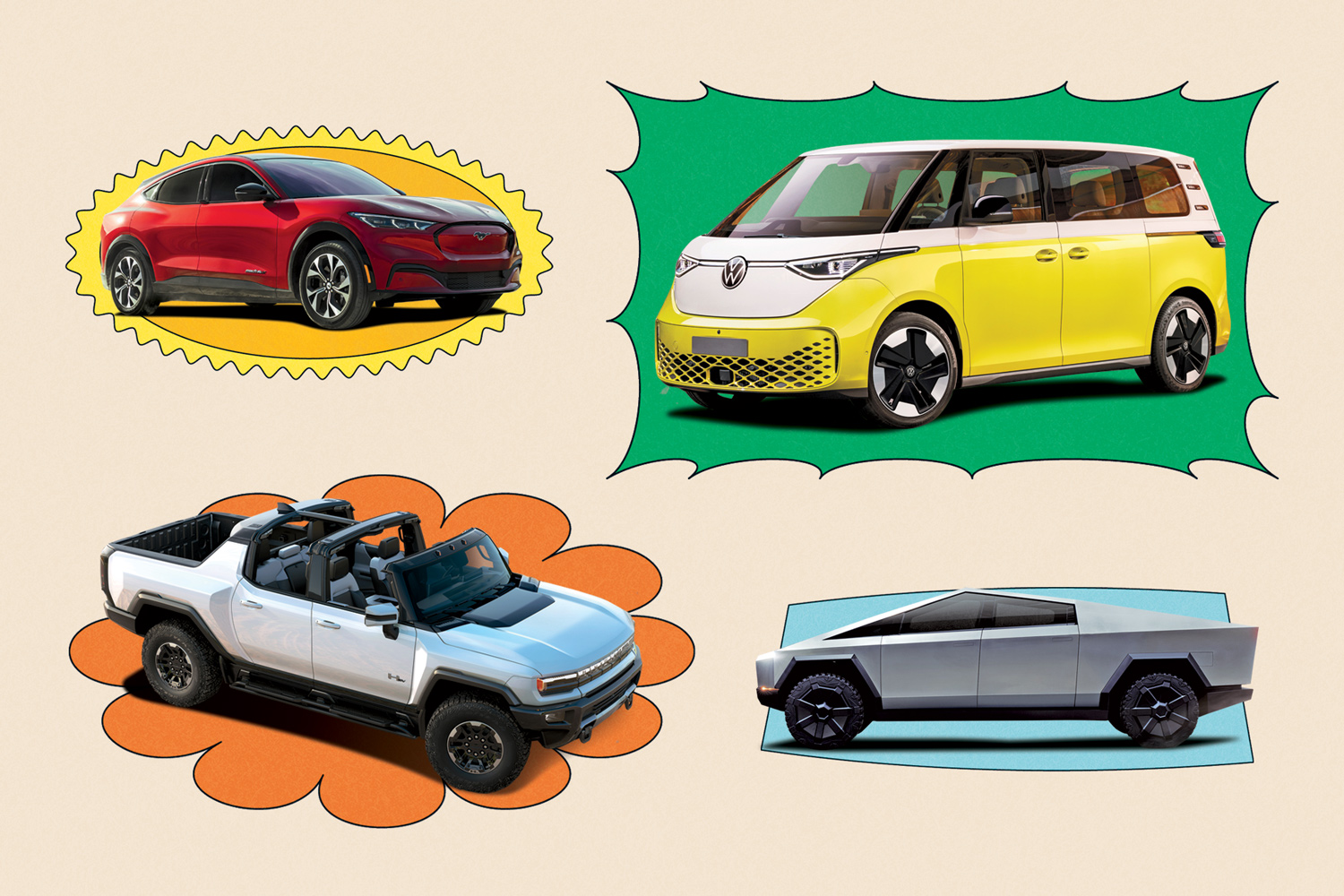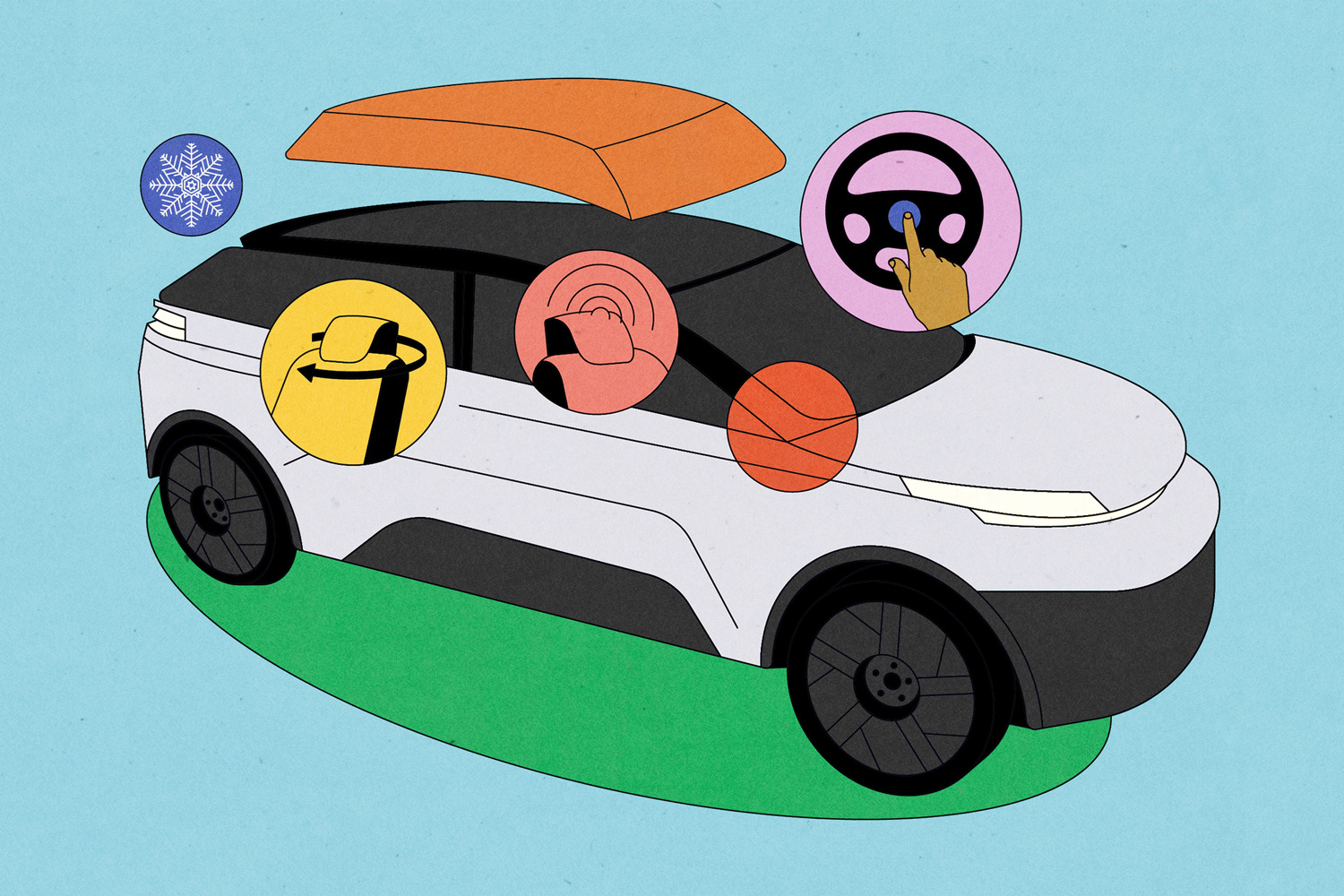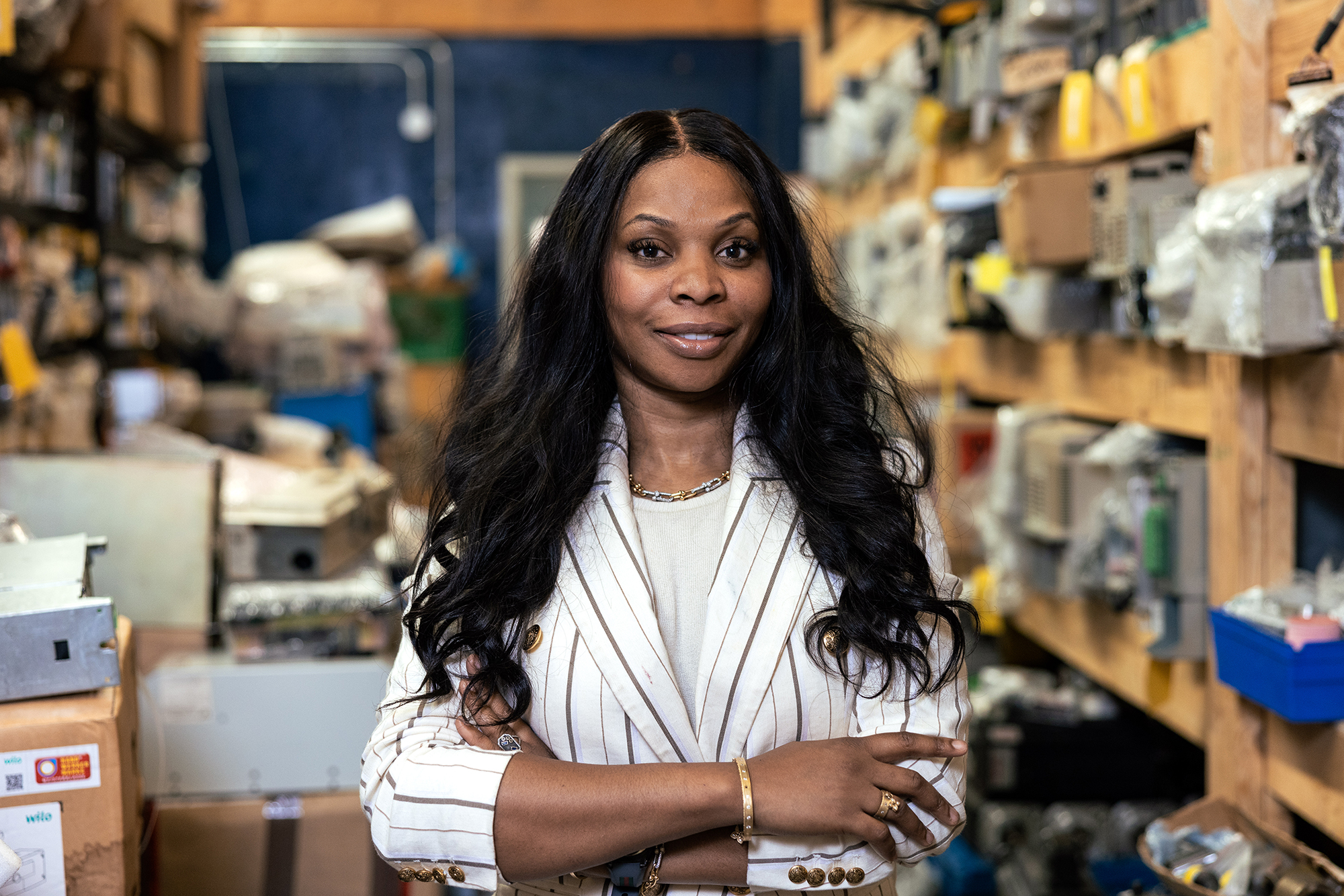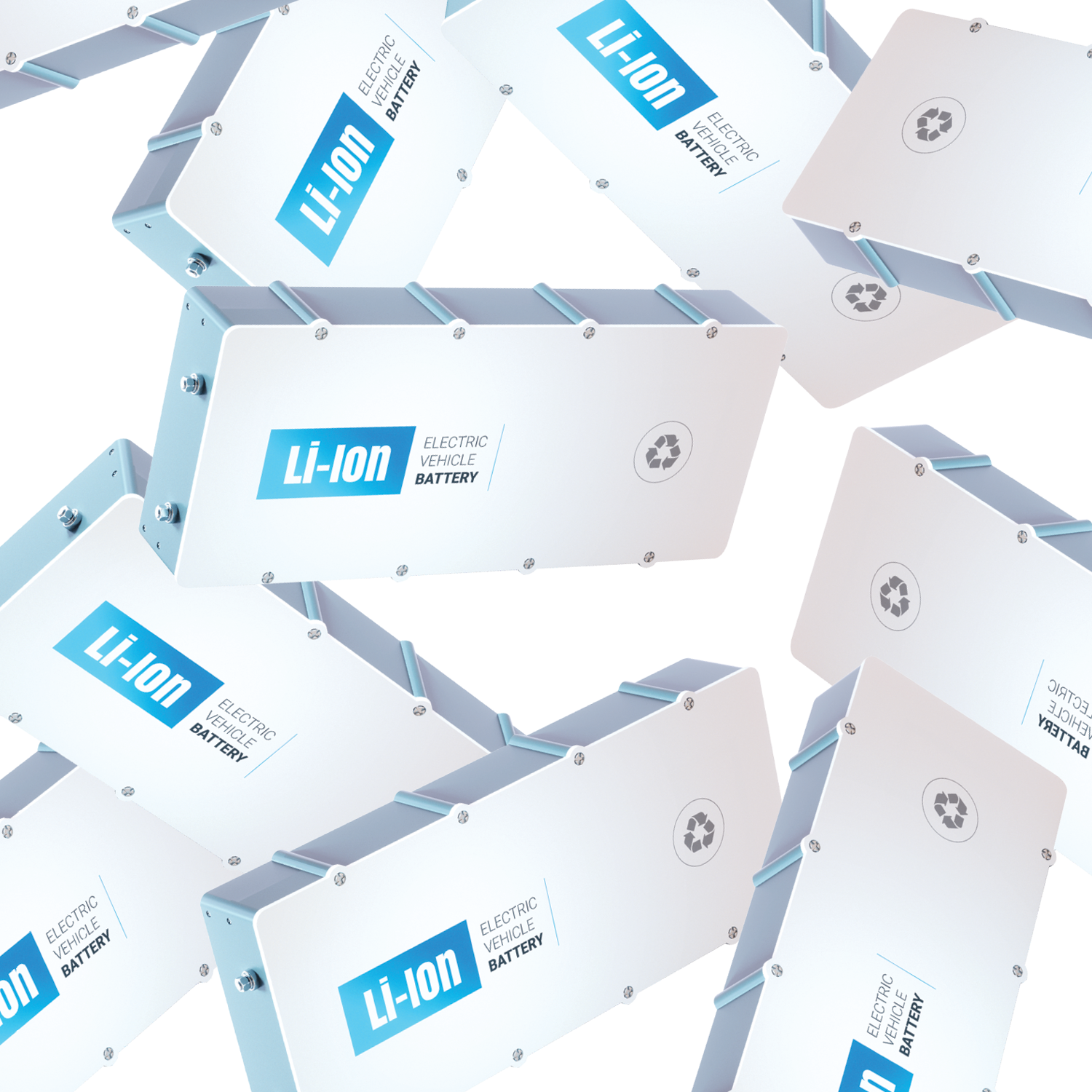New Gas Car Sales Will Be Banned by 2035. Is Canada Ready for That?
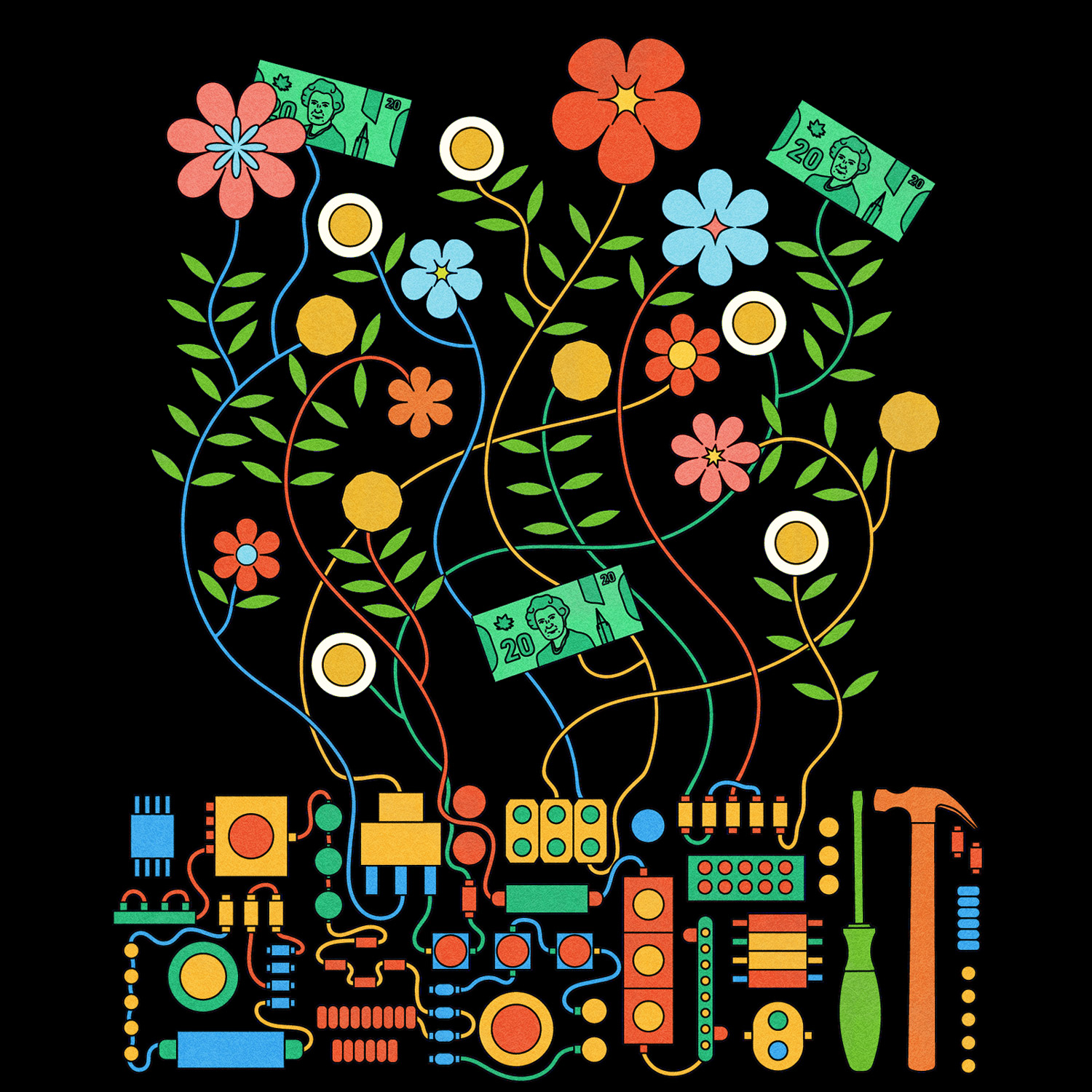
In the summer of 2021, as Covid continued to upend our lives, Prime Minister Justin Trudeau made an easy-to-miss announcement: Canada would ban the sale of new gas-powered cars in 2035.
While that date may seem far off, it will have a huge impact on the nearly half a million people employed by the auto sector. Now that the switch to EVs has a firm date, a slew of changes to the Canadian workforce are necessary to meet the needs of tomorrow. To get a sense of the changing habits of car buyers and the readiness of the auto sector to meet their demands, Deloitte surveyed 26,000 people from 25 countries, including about 1,000 from Canada, for its 2022 Global Automotive Consumer Study.
We spoke to Ryan Robinson, automotive research lead for Deloitte, about what EV adoption means for Canadians.
What did your study reveal about Canadians’ views on buying EV cars?
Only 10 per cent of our survey respondents told us they want a full-battery electric vehicle, or BEV, for their next vehicle. The takeaway is that we’re just not moving fast enough to get consumers to where they need to be by the end of this decade, or by the middle of the next decade, to reach Canada’s EV goals.
Is the Canadian market ready to take on the entire value chain of EVs—from production to after-market services and beyond?
There have been a handful of high-profile announcements about evolving some of the existing Canadian vehicle-assembly facilities to produce EVs. But as you start to go downstream in the automotive value chain, you need to prepare from a retail standpoint. For example, the people who tell us that they want to buy an EV as their next vehicle also say they’re more amenable to buying it through a virtual sales process. It’s not just what consumers want to buy but how they want to buy it.
It’s an entirely different way of selling cars.
Staff need new digital tools and new sales approaches. There are also obvious impacts from a service and maintenance perspective, where technicians are increasingly expected to be software engineers. Companies are starting to introduce new training programs for dealers and technicians. But at the moment, it really varies significantly from manufacturer to manufacturer.
What new jobs will emerge downstream?
There might be an opportunity for aftermarket-service providers, such as companies that sell vehicle parts or repair cars, if these companies can afford the necessary computer-based diagnostic tools. It’s become expensive for after-sale players to remain in the game because new vehicles are more complicated, requiring specialized equipment for diagnostics and repair.
Plus, there’s an emerging science associated with the afterlife of EV cars.
Exactly. There are many discussions around what the second or third uses for EV batteries are going to be. The climate crisis is opening up broader questions about end-of-life or recycling aspects of EVs. These considerations are also part of the conversation
